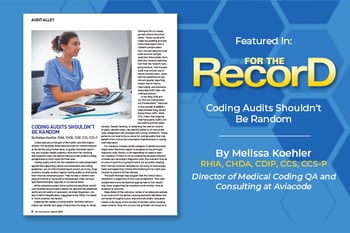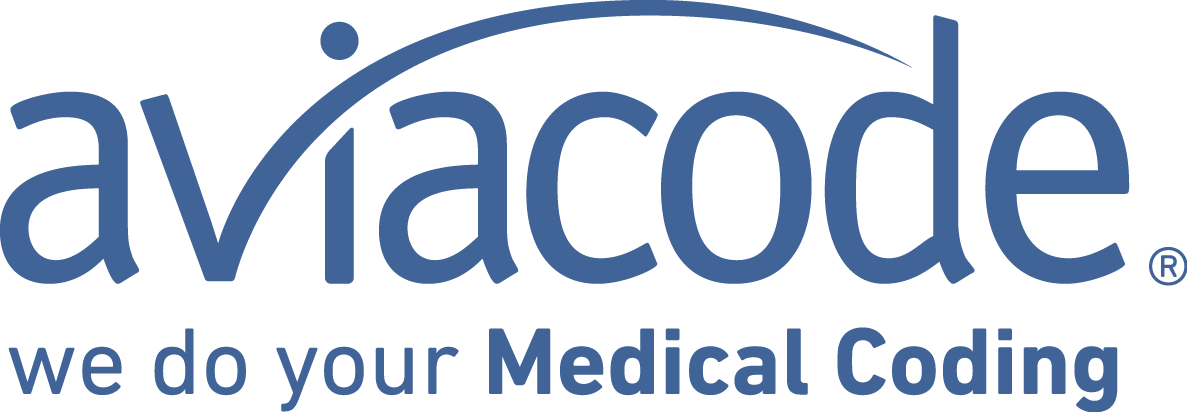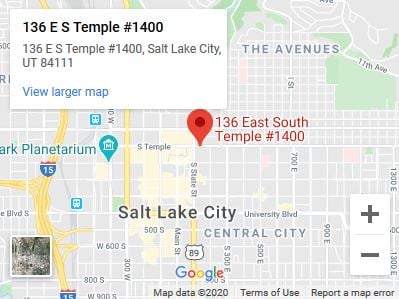Coding audits, which are the validation of code assignment against the supporting clinical documentation and coding guidelines, are an instrumental way to ensure accuracy. Organizations usually conduct regular coding audits as directed by their internal compliance plan. They include a random sampling of records or encounters reviewed per coder during a specified timeframe, typically on an annual basis.
 |

|
Melissa Koehler, Aviacode's Director Medical Coding QA & Consulting, wrote in this month's For the Record magazine that while compliance plan-driven audits are beneficial, health care facilities and providers should not assume that additional audits are not useful or necessary. As Allan Mogensen, creator of Work Simplification, suggested in the 1930s, it is better to “work smarter, not harder.”
Applying this adage to coding audits, Koehler notes that facilities and providers can identify and apply criteria that are likely to reveal coding errors or unsupported clinical documentation. These would both make the auditing process more meaningful than a random sample selection. Incorporating focused audit account sample selection often yields more effective revenue optimization than the random sampling method. This focused audit may include use of denial-trended data, cases with the potential for significant quality reporting impact due to inaccurate coding, and elements associated with high-risk coding practices.
Denial trending, or analyzing the overall volume of payer-denied cases, can identify patterns of inaccurate code assignment and unsupported clinical conditions. These patterns can lead to focus areas for coding audits that may benefit from clinical documentation improvement or coding staff education.
Aviacode provides comprehensive coding compliance and audit services that include an accuracy review of coding-related practices aimed at maximizing coding compliance risks, and stopping coding-related denials. We will be participating at next month's HCCA Compliance Institute conference at booth #502 to discuss medical coding compliance audits, clinical documentation improvement and training, and coding denial management services. Be sure to stop by or engage us before the show to discuss your medical coding audit challenges.


